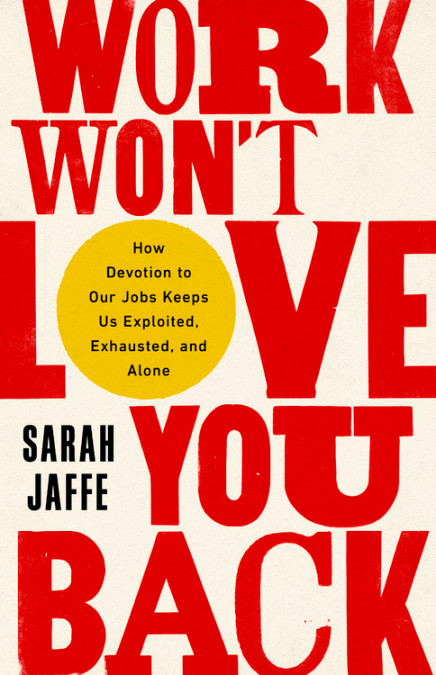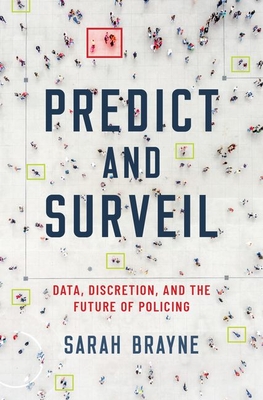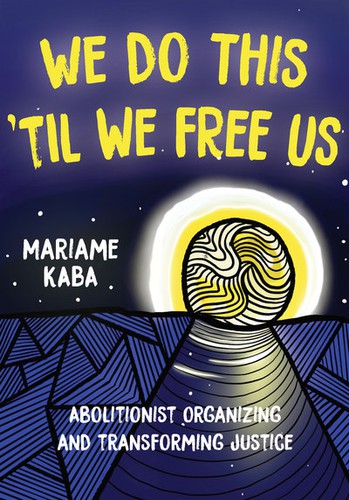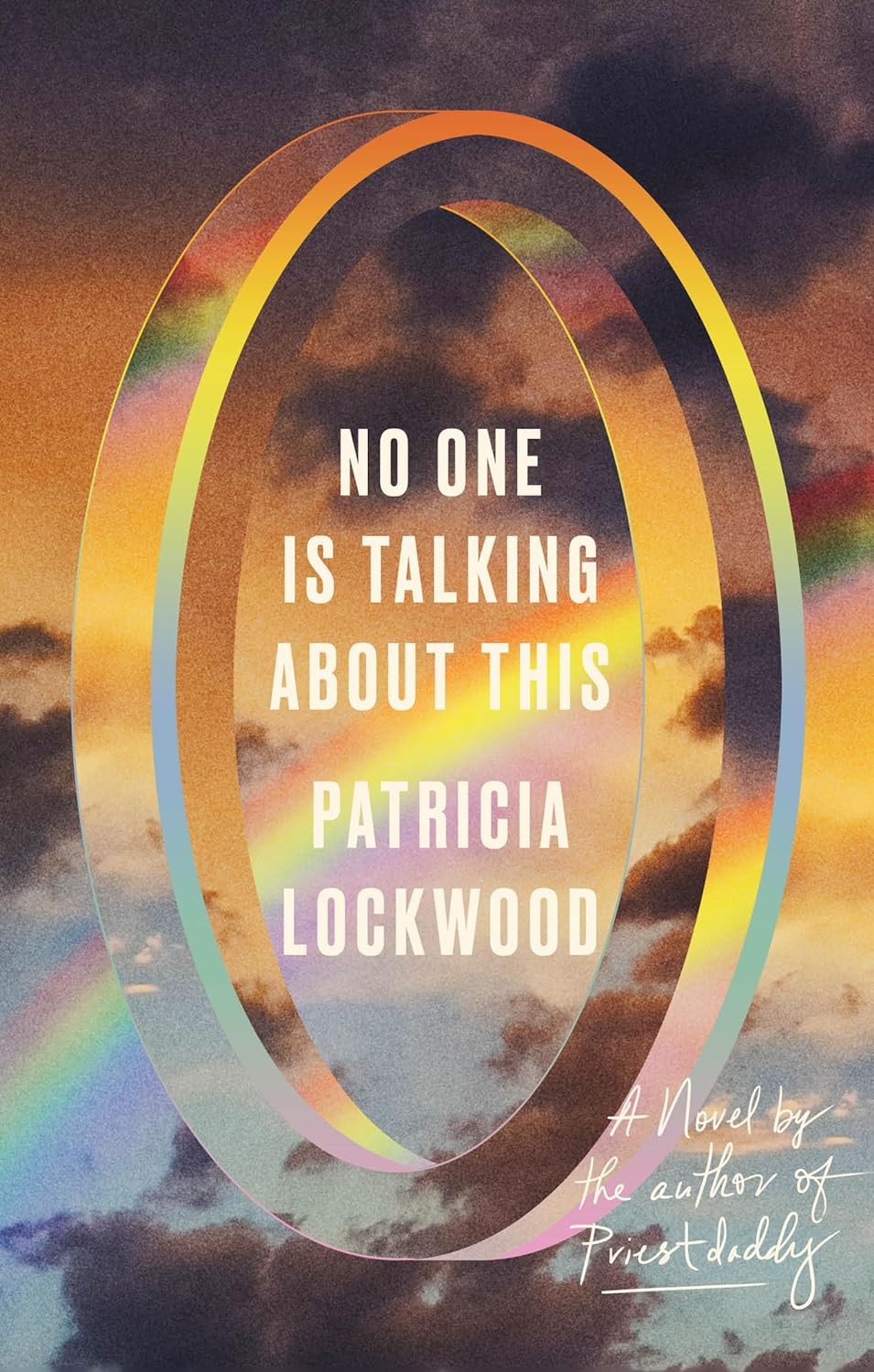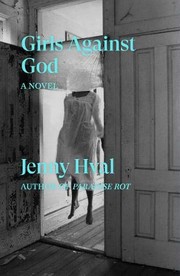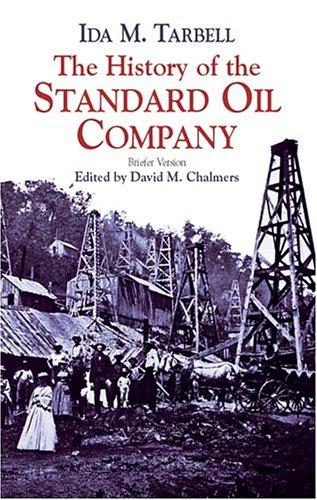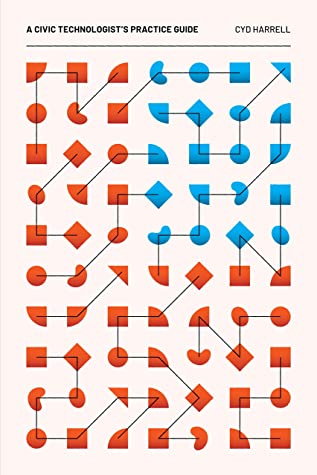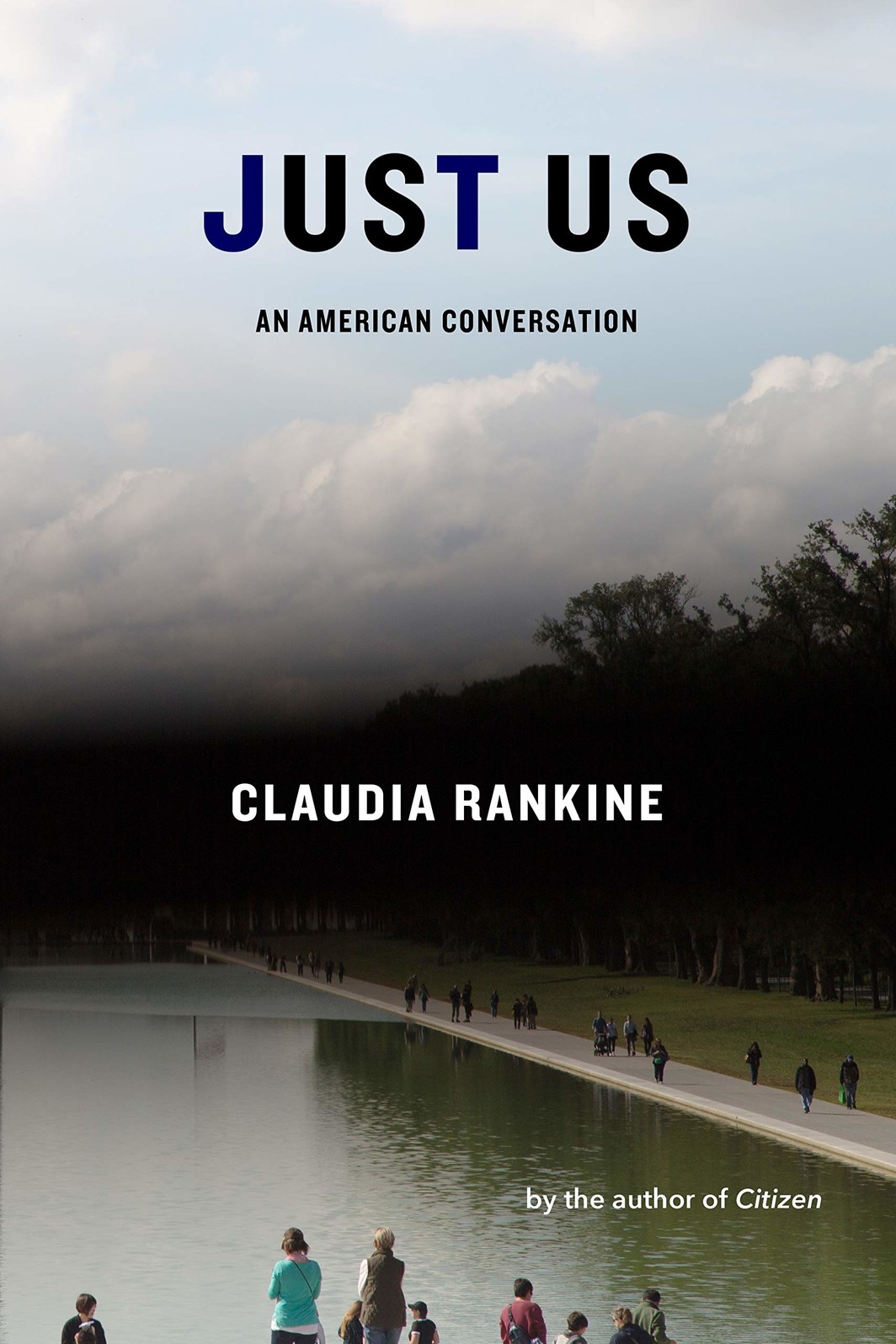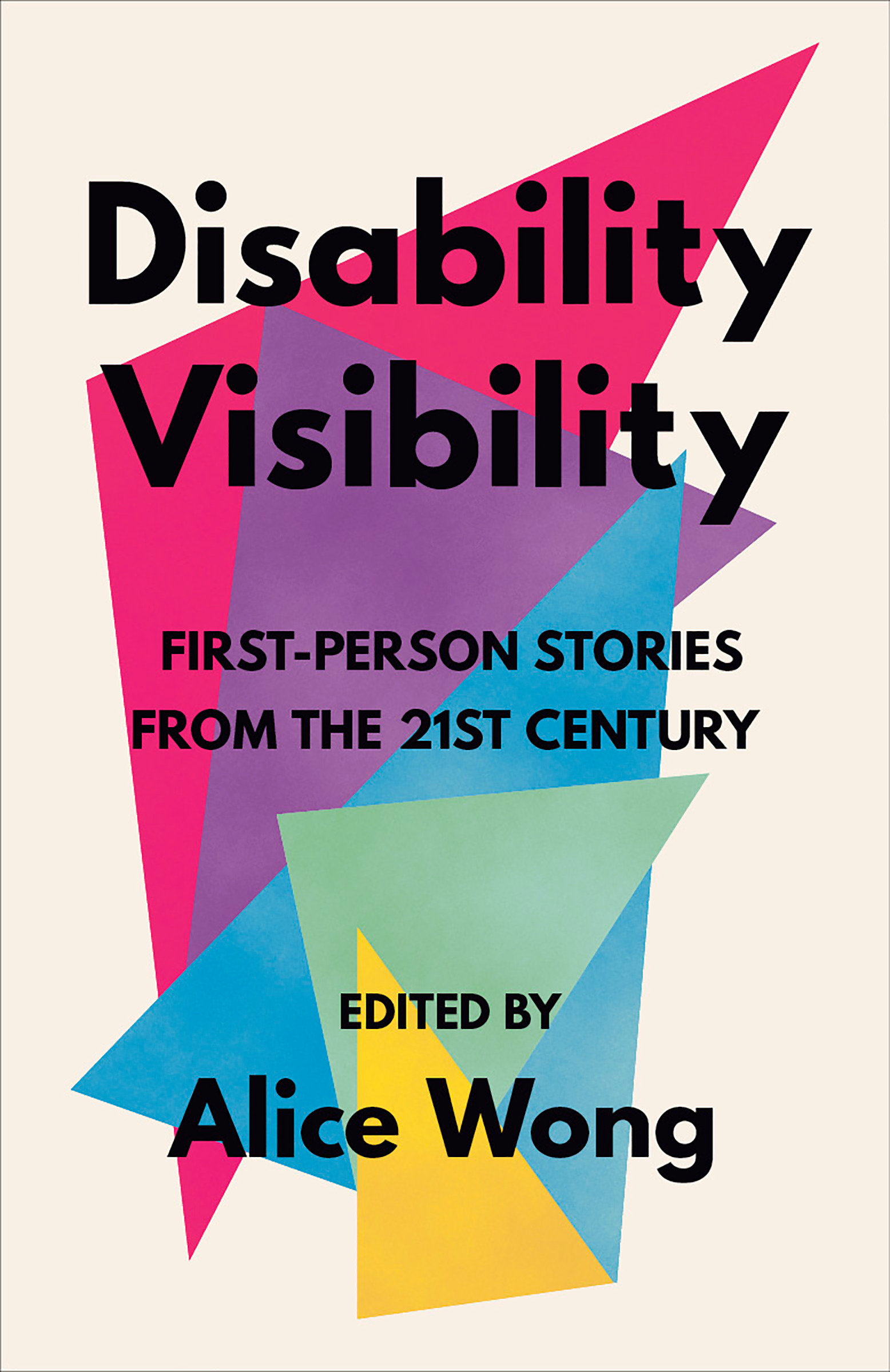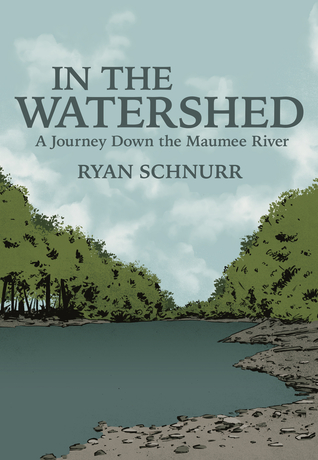this is a must read if you're interested in policing and surveillance technologies, and how to think about technology adoption within hierarchical and bureaucratic institutions. I think a particularly fascinating focus of this book that isn't as present in other similar ones on the topic is the look at police as workers with their own set of motivations: resistance to deskilling and wanting to be valued for craft, a resistance to surveillance of their own work product, of the role of the police union in resisting surveillance technologies (at least in certain applications) because of fear of loss of agency and power. while highlighting this dynamic, brayne does not fall into the trap of portraying police as mere workers struggling for power under an oppressive management structure (a trap that some leftists still fall into). accurately, there is never a point at which that protection of self-interest is described as …
Reviews and Comments
I know how to read, probably
This link opens in a pop-up window
christa reviewed Predict and Surveil by Sarah Brayne
a real view of how police adopt surveillance technology
5 stars
this is a must read if you're interested in policing and surveillance technologies, and how to think about technology adoption within hierarchical and bureaucratic institutions. I think a particularly fascinating focus of this book that isn't as present in other similar ones on the topic is the look at police as workers with their own set of motivations: resistance to deskilling and wanting to be valued for craft, a resistance to surveillance of their own work product, of the role of the police union in resisting surveillance technologies (at least in certain applications) because of fear of loss of agency and power. while highlighting this dynamic, brayne does not fall into the trap of portraying police as mere workers struggling for power under an oppressive management structure (a trap that some leftists still fall into). accurately, there is never a point at which that protection of self-interest is described as anything but. also, brayne portrays a disjointed technology landscape within just the LAPD that resonates with my own experience working within the larger criminal justice system.
I'm really impressed by the access and relationships that made this book possible, as I think it gives an useful view into organizations that are otherwise opaque.
christa reviewed We Do This 'Til We Free Us by Mariame Kaba
excellent texts on abolitionist organizing, and organizing generally
5 stars
really useful and varied collection of texts about organizing and abolition. I believe these texts are all available elsewhere, but it was really nice to have in one place, curated, and grouped by theme. I found the collection to be personally useful and inspiring, as well as a great entrypoint to talk about abolition in practice with coworkers and friends interested in the topic but without (yet!) experience with organizing around it.
here's a great reading & discussion guide for use with groups: www.haymarketbooks.org/pdfs/10
christa reviewed No One Is Talking About This by Patricia Lockwood
christa reviewed Girls Against God by Jenny Hval
anger, sure, but also frustration
3 stars
I really struggled to get through this book despite the fact that it had some resonant parts and beautiful passages. Women. Hatred. Rebelling against god, because god surrounds you and is suffocating. Understanding that you've crafted yourself as something against, but not for. Music as community and lifeblood. But I couldn't get past the editing—it sagged for me in the middle, took me months to finish despite being fairly short, and I ended up getting angry at how hard it was for me to move from page to page. There were bits that were all in the same world, but never felt like they added up. I can't tell if the difficulty came from where I'm at reading/focus-wise, the expectation I had that it would be more linear, or just the strong need for a heavy editor. Probably all three.
eyo, it's capitalism
4 stars
I read the Belt Revivals edition of this text. It's an abridged version of the 1904 original, with an introduction by Elizabeth Catte, whose What You're Getting Wrong About Appalachia I loved. The juicy details Catte gives in the introduction is that the writer, Ida Tarbell, is the son of an oil producer in addition to being an investigative reporter, which garnered much criticism at the time but Catte's suggestion is to read the text both as an investigation of monopolies and one in which the writer may have a personal stake—a personal grudge to bear. Excellent.
I picked up the book mostly because I wanted to understand the role that Standard Oil played in the area where I'm from. The area boomed with oil in the late 1800s, and my town was the birthplace of Marathon Oil (as Ohio Oil Company in 1887, purchased by Standard in 1889). I …
I read the Belt Revivals edition of this text. It's an abridged version of the 1904 original, with an introduction by Elizabeth Catte, whose What You're Getting Wrong About Appalachia I loved. The juicy details Catte gives in the introduction is that the writer, Ida Tarbell, is the son of an oil producer in addition to being an investigative reporter, which garnered much criticism at the time but Catte's suggestion is to read the text both as an investigation of monopolies and one in which the writer may have a personal stake—a personal grudge to bear. Excellent.
I picked up the book mostly because I wanted to understand the role that Standard Oil played in the area where I'm from. The area boomed with oil in the late 1800s, and my town was the birthplace of Marathon Oil (as Ohio Oil Company in 1887, purchased by Standard in 1889). I wrote my thesis in college of architecture that sprung from the financial hope that oil produced and the social history it left behind. I grew up next to an oil refinery and practiced softball in the refinery gym over winter.
I scratched some of that local history from this text (see my quote about Lima Oil), but also got a contemporary story of a monopoly forming and thriving. Law breaking, being admonished by the courts, still breaking those same laws. Seeking to receive special rates and kickbacks from railroads and later pipelines (as the technology developed to no longer transport oil in barrels on trains), then deciding just to go into the business themselves to control all traffic. Setting up a shady trust to control prices and evade responsibility. Creating a surveillance, or "business intelligence", network across the country to understand what other oil was being sold for, and undercut the independent producers. As the book says many times, Rockefeller wished to control oil—all of it—claiming it was better for consumers. And he mostly succeeded.
I found a lot of it kinda dull in a still interesting way (comparative oil prices aren't exactly thrilling). I enjoyed the historically obvious but thinklessly surprising details of: there are no cars yet! Gas stations keep horses! Gas is mainly used for lighting and lubrication! No pipelines; only oil by barrels and rail! But, it was more mindfully exciting to feel out where modern comparisons do or don't seem to fit (mind kept trying to fit to Amazon, Google, Facebook). The rationale for monopolization by Standard Oil was the same as now, even then: it's better for consumers. But in reality the whole enterprise was intended to control oil prices, with one company reaping the benefits.
christa reviewed A Civic Technologist's Practice Guide by Cyd Harrell
useful, insightful manual for folks interested in working on/interested in civic tech
4 stars
Cyd Harrell has worked in 'civic tech' for awhile, in many different capacities—at Code for America, a non-profit working with government (and my current employer); as Chief of Staff at 18F, the federal government's in-house consulting wing; now with the California courts; and more.
with this book she's written the guide that I think every person newly working with government should be handed before onboarding/starting a project. I think it's also useful for folks trying to understand what "civic tech" is, where they might fit in (as someone who builds technology or not), a brief account of its history and how it's changed to become more inclusive (less open data, more equity-focused and to be user/community-driven), and different ways to engage (career, contract, volunteer, etc).
and, just for context, though the book gives an honest assessment of the path and shortcomings of the civic tech movement, it's very much a …
Cyd Harrell has worked in 'civic tech' for awhile, in many different capacities—at Code for America, a non-profit working with government (and my current employer); as Chief of Staff at 18F, the federal government's in-house consulting wing; now with the California courts; and more.
with this book she's written the guide that I think every person newly working with government should be handed before onboarding/starting a project. I think it's also useful for folks trying to understand what "civic tech" is, where they might fit in (as someone who builds technology or not), a brief account of its history and how it's changed to become more inclusive (less open data, more equity-focused and to be user/community-driven), and different ways to engage (career, contract, volunteer, etc).
and, just for context, though the book gives an honest assessment of the path and shortcomings of the civic tech movement, it's very much a guide (as titled) than a critique, history, or STS treatment.
christa reviewed Just Us by Claudia Rankine
uncomfortable, necessary
5 stars
unlike in past works of hers I've read, rankine herself is present in this volume, constantly questioning whiteness and engaging the people that often unthinkingly bring it into her life. it's often, frankly, uncomfortable. there is conflict and tension. it has made me think a lot about the way that I engage in discussing whiteness, and my own desire to be understood in conversation—to have us leave on the same page, or to avoid if that's an unlikely outcome.
technically, I found the footnotes/fact checking really interesting. essay has a difficult relation with fact, as has been a conversation for years. I found the side-by-side checking of the authors own assumptions and, as a result, the inclusion of images, outside sources, citations, further reading and context for the reader is a really effective approach.
I also really recommend this recent city arts and lectures conversation with her, largely about just …
unlike in past works of hers I've read, rankine herself is present in this volume, constantly questioning whiteness and engaging the people that often unthinkingly bring it into her life. it's often, frankly, uncomfortable. there is conflict and tension. it has made me think a lot about the way that I engage in discussing whiteness, and my own desire to be understood in conversation—to have us leave on the same page, or to avoid if that's an unlikely outcome.
technically, I found the footnotes/fact checking really interesting. essay has a difficult relation with fact, as has been a conversation for years. I found the side-by-side checking of the authors own assumptions and, as a result, the inclusion of images, outside sources, citations, further reading and context for the reader is a really effective approach.
I also really recommend this recent city arts and lectures conversation with her, largely about just us, to everyone, but especially as context for the book: www.cityarts.net/event/claudia-rankine/
christa reviewed Disability Visibility by Alice Wong
must read collection of essays on disability by disabled folks
5 stars
a wide-ranging collection of essays from disabled folks about their lives, experience with disability and ableism, and activism. there's variety in the experiences, identities, and topics represented, and I felt the collection is well-edited (notable, because anthologies are hard!). gave me a lot to think about and reflect on. I think this is a great introduction to disability justice, and there's also a bunch of resources in the back for further reading, viewing, listening. looking forward to digging into them.
christa reviewed In the Watershed by Ryan Schnurr
extreeeeemely niche book that may have been written just for me
5 stars
the maumee river spans from fort wayne, indiana, to toledo, ohio, where it joins lake erie. between, it snakes through small towns and farmland. the maumee also more or less exactly covers the area where I lived my life until 18.
in this book, the author decides to walk the river (or as close as he can get, hello private land) from start to finish. while he does, he tells the story of the region as it is defined by this watershed, starting with its native peoples who were forced off the land, to the draining of the great black swamp, to more modern problems caused by that draining and industrialized agriculture. all of this is near to my heart and of deep interest—I have a haunting curiosity about home, and an ache that I feel like I never have enough facts about it (one of the many reasons I …
the maumee river spans from fort wayne, indiana, to toledo, ohio, where it joins lake erie. between, it snakes through small towns and farmland. the maumee also more or less exactly covers the area where I lived my life until 18.
in this book, the author decides to walk the river (or as close as he can get, hello private land) from start to finish. while he does, he tells the story of the region as it is defined by this watershed, starting with its native peoples who were forced off the land, to the draining of the great black swamp, to more modern problems caused by that draining and industrialized agriculture. all of this is near to my heart and of deep interest—I have a haunting curiosity about home, and an ache that I feel like I never have enough facts about it (one of the many reasons I did my college thesis about it, and bake in extra time to wander to every family visit). this is a history and tale of modern ecology that speaks to both. why are there native names for schools and towns but no native peoples (bad treaties and removal)? why was my town called lima (from malaria medicine from lima peru; mosquitos were rampant in the swamp)? why does the farm land flood so regularly (lack of natural wetland)? why do algae blooms spring up near annually, preventing my grandpa from walking around the lake (agricultural runoff)? what's that green scum on the canal by my mom's house (algae bloom, but also did you know canals were only used a few years, then trains came)? anyway, all this is to say: this book was deeply satisfying to me.
I have no idea if it's interesting at all to someone who doesn't know this small area of northwestern ohio, but I'd say if the description of the book intrigues you then you should pick it up! belt publishing at its best

